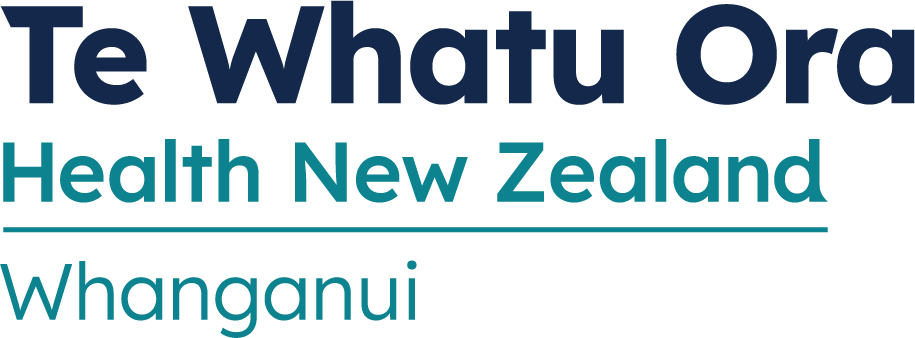
10 June 2020
The Ministry of Social Development (MSD) is working in partnership, through the Integrated Recovery Team, on social and economic recovery for the Whanganui region.
But before recovery was the focus, like many organisations, MSD adapted to a new way of working in the midst of the COVID-19 pandemic.
One of the ways they did this was by utilising the skills of four recently-trained Case Managers to help with increasing numbers of enquiries and applications for support from existing and new MSD clients.
Te Aroha Beckett, Whanganui Service Centre Manager, says during the lockdown period, many staff were supplied with laptops and equipment to work from home while others worked in the service centre delivering services online or by phone.
“Among the staff in the office were Rhea Colaabavala, Mataara Gardiner, Madison Kirkwood and Ally Keenan, who had temporarily worked at MSD on school uniform and stationery grants earlier this year and were again offered employment to boost local capacity to cope with increased demand,” says Ms Beckett.
“The Whanganui office benefited from their skills, experience and technological ability,” she says.
“We learned how to cater to people’s needs virtually and through phone contact. This included our Work Brokers touching base with employers to check they knew about the COVID-19 Wage Subsidy and also that we were still operating our recruitment services,” says Ms Beckett.
“It became clear that a ramped-up focus was required on connecting people looking for work with the kinds of roles and skills local employers are looking for. With newly unemployed looking for work and needing financial assistance, it was important wherever possible to redeploy them to available opportunities.”
The roles Work and Income helped fill during the lockdown were for security, supermarkets, roading, cleaners, traffic control and more.
“Because of COVID-19 we had the opportunity to further understand the needs of businesses and we took the opportunity to update our database. It’s been nice to be able to build stronger relationships with local businesses and focus on the local labour market and economy,” says Ms Beckett.
“The expectation is that the number of unemployed people in our community will go up. We need to bridge the gap by filling vacancies and ensuring local businesses get what they need.”
Case Managers worked with individuals seeking assistance from Work and Income as their work hours were reduced, or they had become newly unemployed due to COVID-19, as well as with businesses applying for the wage subsidy. Ms Beckett says some people had never contacted Work and Income before.
Other support the team offered including walking people through application processes over the phone, calling people aged 70+ and sole parents to check on their welfare and referring people to the MSD Facebook page for tutorials on application processes and to the online eligibility tool to see what support people may be entitled to.
It was a new way of doing things, says Mataara, who walked many people through application processes over the phone.
“It’s been awesome for clients. It’s even easier to make contact and it’s less expensive for them. It’s a good new way of working – it worked well and we picked it up quickly,” she says.
Ally, who has finished with her contract for the time being and going back to university, adds: “It was a great idea to be brought in. I helped with food, clothing and other grants and provided for hardship needs,” says.
While Rhea and Ally will go back to studying, Mataara and Maddison will stay on as case managers.
Regional Commissioner Gloria Campbell says she is proud of how MSD staff – new and established - adapted to new ways of working to deliver emergency services to those in need.
“We also implemented simplified application processes and relaxed some usual requirements during this time, for example, we accepted supporting documents via scanned means or emailed photos. Many people learned how to make full use of their MyMSD facility which is great.
“We’ve learned a lot from the COVID-19 event and we have an opportunity to review things and consider what processes could be retained going forward,” says Ms Campbell.
The Integrated Recovery Team is a collaborative group made up of Whanganui District Health Board, Whanganui District Council, Rangitikei District Council, Ruapehu District Council, Whanganui Regional Health Network, Te Ranga Tupua and supporting agencies including the Ministry of Social Development.



